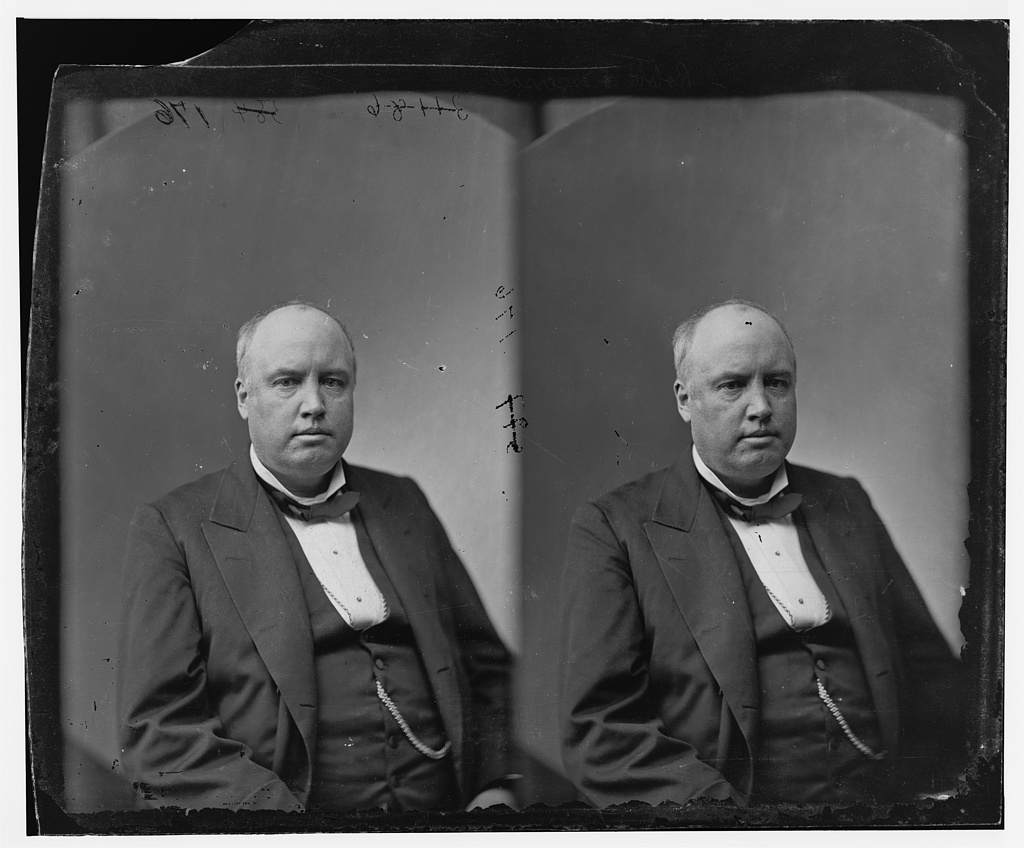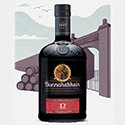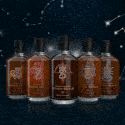Whisky hat von Anfang an Eindruck in unserer Kulturgeschichte hinterlassen. Die genussvollen Momente ebenso wie die Schattenseiten des Wassers des Lebens gehören zu unserer Zivilisation und haben in vielerlei Hinsicht unser Zusammenleben geprägt. Inspiriert von einem Artikel in Letters of Note möchten wir Ihnen heute ein besonderes Beispiel dafür präsentieren: Einen Brief von Robert G. Ingersoll und die Replik von Rev. Dr. J. M. Buckley.

Robert G. Ingersoll war einer der profiliertesten Redner in New York im ausgehenden 19. Jahrhundert – ebenso wie ein geachteter Freidenker. Im Jahr 1877 übermittelte er seinem zukünftigen Schwiegersohn eine Flasche Whisky, gemeinsam mit einem Brief, in dem er ein Loblied auf das Getränk sang – und der bald überall herumgereicht und auch in Zeitungen abgedruckt wurde. Er ist eine Hommage, wie sie vielleicht schöner kaum zum Ausdruck gebracht werden kann:
89 Fifth Avenue
New YorkWalston H. Brown, Esq.
April 16, 1887
My dear Friend,
I send you some of the most wonderful whiskey that ever drove the skeleton from a feast or painted landscapes in the brain of man. It is the mingled souls of wheat and corn. In it you will find the sunshine and the shadows that chased each other over the billowy fields; the breath of June; the carol of the lark; the dews of night; the wealth of summer and autumn’s rich content, all golden with imprisoned light.
Drink it—and you will hear the voices of men and maidens singing the „Harvest Home,“ mingled with the laughter of children.
Drink it—and you will feel within your blood the star-lit dawns, the dreamy, tawny dusks of many perfect days.For forty years this liquid joy has been within the happy staves of oak, longing to touch the lips of men.
Yours always,
R. G. Ingersoll
So berühmt wurde dieser Brief, dass er den Herausgeber des Christian Advocate, Rev. Dr. J. M. Buckley, zu einer eigenen Replik veranlasste, die den Fluch des Alkohols in den Vordergrund stellte und bald ebenso zirkulierte wie der Brief Ingersolls:
My dear Bob,
I return to you some of the most wonderful whiskey that ever brought a skeleton into the closet or painted scenes of lust and bloodshed in the brain of man. It is the ghost of wheat and corn, crazed by the loss of their natural bodies. In it you will find a transient sunshine chased by a shadow as cold as an Arctic midnight, in which the breath of June grows icy, and the carol of the lark gives place to the foreboding cry of the raven.
Drink it—and you will have woe, sorrow, babbling and wounds without cause. Your eyes shall behold strange women and your heart shall utter perverse things.
Drink it—and you shall hear the voices of demons shrieking, women wailing, children mourning the loss of a father who yet lives.
Drink it—and long serpents will hiss in your ears, coil themselves about your neck and seize you with their fangs. ‚At last it biteth like a serpent and stingeth like an adder.‘For forty years this liquid death has been confined with staves of oak, harmless there as pure water. I send it to your mouth to steal away your brains, and yet I call myself your friend.
Rev. Dr. J. M. Buckley
Und so konnte eine Flasche Whisky gleich zwei ganz unterschiedliche Menschen zu literarischen Gedankengängen inspirieren – und schenkte uns ein Stück Kulturgeschichte des Whiskys, das zu interessant ist, um in Vergessenheit geraten zu dürfen…















